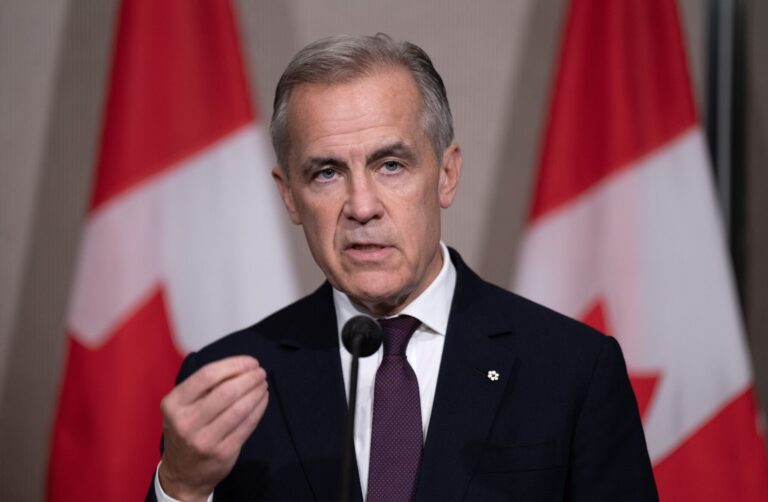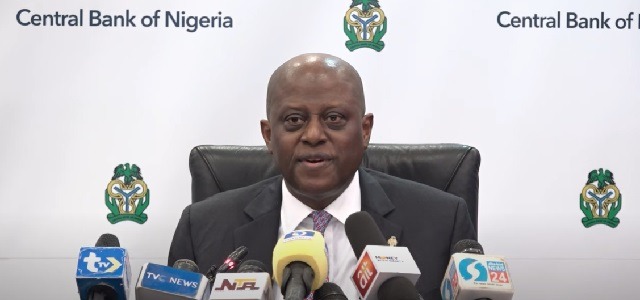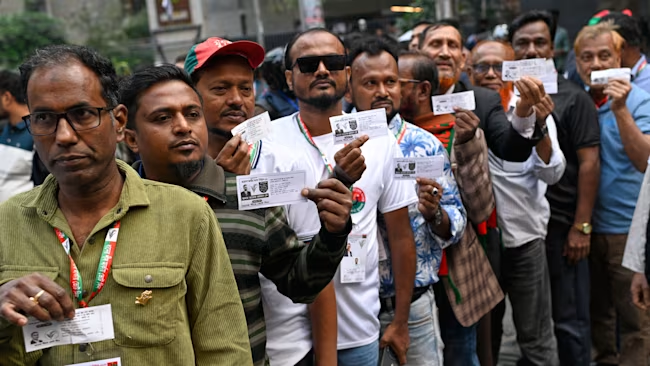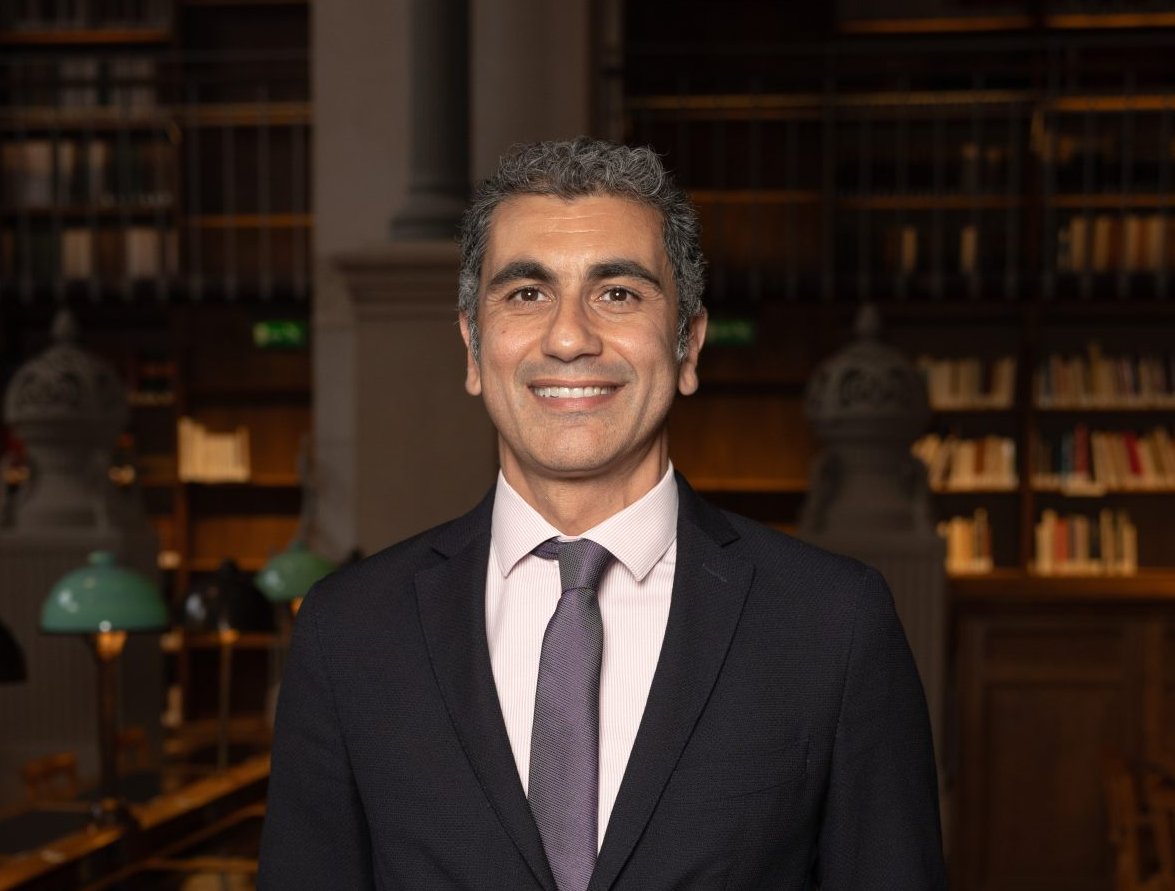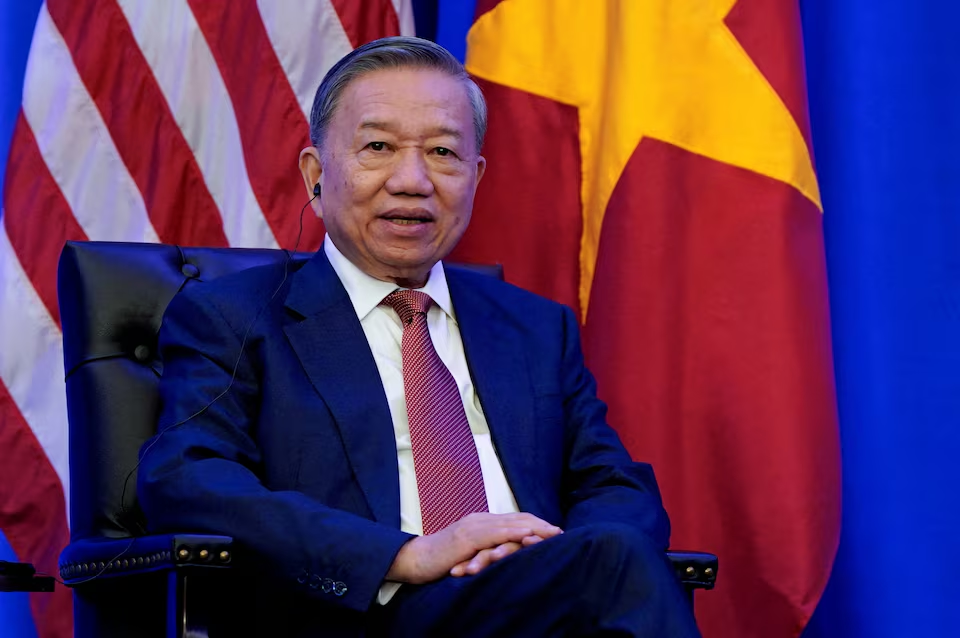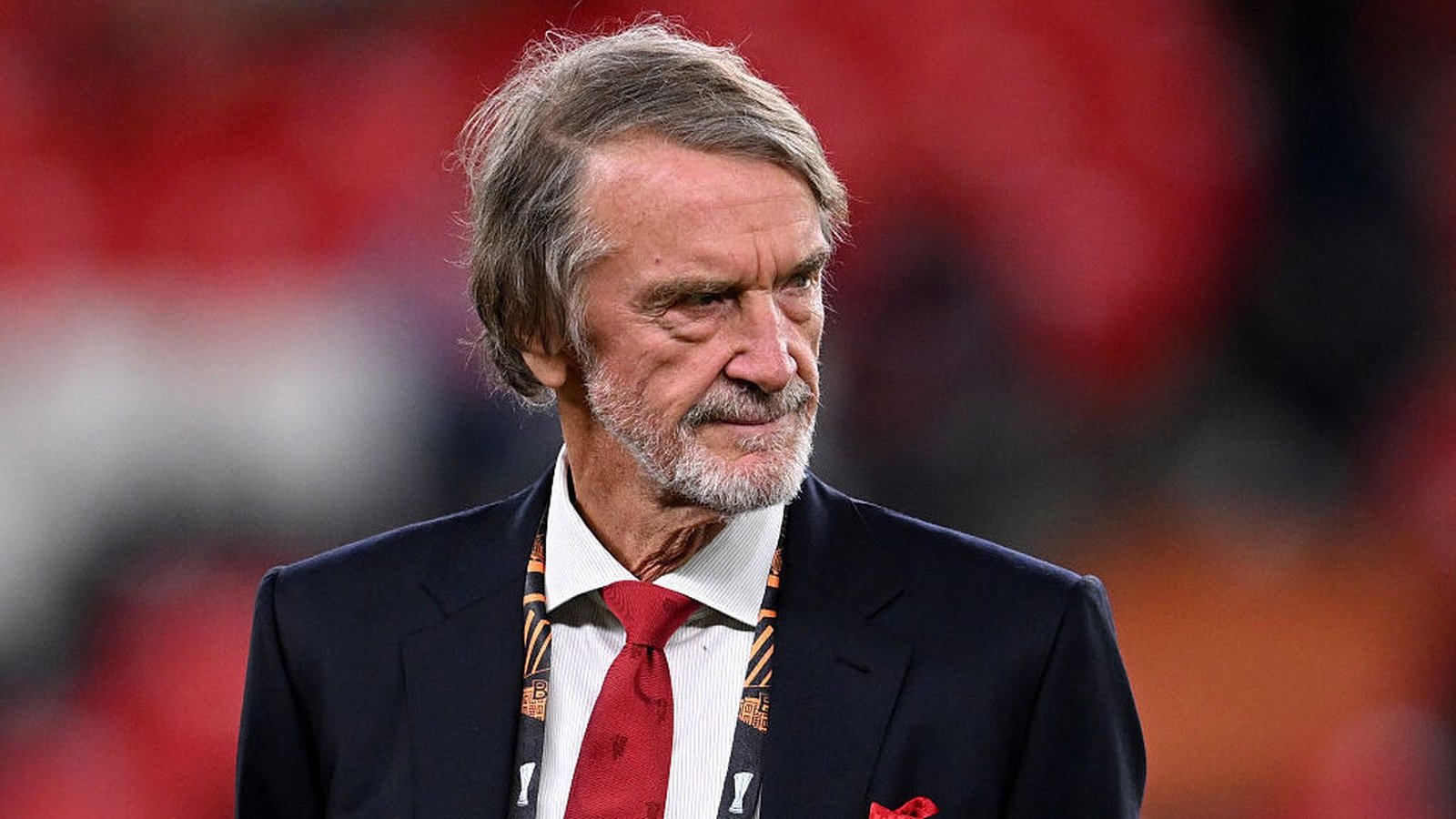Canadian Prime Minister Mark Carney has apologized to U.S. President Donald Trump over a controversial anti-tariff political ad aired by Ontario Premier Doug Ford, in a bid to ease tensions between the two countries after Washington froze trade talks.
Carney told reporters on Saturday that he made the apology privately during a dinner hosted by South Korea’s President earlier in the week, attended by both leaders as part of the Asia-Pacific Economic Cooperation (APEC) summit in Seoul.
“I did apologize to the president,” Carney confirmed, echoing Trump’s remarks on Friday. “I told Ford I did not want to go forward with the ad.”
The advertisement, commissioned by Ford, featured a clip of former U.S. President Ronald Reagan warning that tariffs can trigger “trade wars and economic disaster.” Trump responded by announcing higher tariffs on Canadian goods and halting ongoing trade discussions with Ottawa.
Read Also: Trump Imposes Extra 10% Tariff On Canada Over Ad Row
Carney said he had reviewed the ad before its release and opposed its broadcast. Ford, a conservative populist often compared to Trump, pushed ahead regardless, sparking the latest flare-up between the two North American neighbors.
Trump told reporters as he left South Korea earlier in the week that he had a “very nice” exchange with Carney during the dinner but declined to elaborate. However, on Friday he reaffirmed that trade negotiations with Canada would remain suspended “until further notice.”
Carney also highlighted a separate diplomatic milestone, saying his talks with Chinese President Xi Jinping on Friday marked a “turning point” after years of strained relations.
The last formal meeting between Canadian and Chinese leaders took place in 2017, when then-Prime Minister Justin Trudeau briefly met Xi in San Francisco. Since then, ties have deteriorated sharply following China’s detention and execution of Canadian nationals and Ottawa’s findings that Beijing interfered in at least two federal elections.
Carney said he raised the issue of foreign interference directly with Xi during their meeting, alongside discussions on trade and regional stability. “The trip to Asia is part of our effort to reduce Canada’s reliance on the United States,” Carney said. “It can’t happen overnight, but we’re moving very fast.’’
The visit to Asia shows how Carney attempts to recalibrate Canada’s foreign policy at a time when its economic and security ties with both the U.S. and China are being tested.

